Day 40: Russia denies Bucha killings, says situation 'fake attack'
The Kremlin categorically denies any accusations related to the murder of civilians in the Ukrainian town of Bucha.
Ukrainian authorities said on Sunday they were investigating possible crimes by Russian forces after finding hundreds of bodies strewn around towns outside the capital Kiev after the Russian withdrawal from the area.
"This information must be seriously questioned," Kremlin spokesperson Dmitry Peskov told reporters in Moscow. "From what we have seen, our experts have identified signs of video falsification and other fakes."
Peskov said that the facts and chronology of the events in Bucha did not support Ukraine's version of events and urged international leaders not to rush to judgment. "We categorically deny any accusations."
Peskov said Russia's diplomats would press on with their efforts to convene a UN Security Council meeting to discuss what Moscow has called "Ukrainian provocations" in Bucha after their first effort to arrange such a meeting being blocked.
Alexander Bastrykin, head of the Russian Investigative Committee, ordered n inquiry to be initiated on the basis that Ukraine has disseminated “deliberately false information” about Bucha, the committee said.
UN Secretary-General Antonio Guterres has also called for an independent inquiry into the incident, saying it must lead to effective accountability.
Ukrainian officials have claimed that the mass graves near Kiev contained hundreds of civilian bodies, accusing Russian troops of massacring them.
Europe split on sanctions against Moscow
France on Monday requested a new round of sanctions against Russia, laying the responsibility for Bucha’s killing over Russia’s door.
French President Emmanuel Macron told France Inter radio that there were “clear clues pointing to war crimes”, blaming the Russian army for the Bucha killings.
“What happened in Bucha demands a new round of sanctions and very clear measures,” Macron said, requesting that the new sanctions should target the coal and oil industry.
Poland's Prime Minister Mateusz Morawiecki said Monday Germany is the main roadblock to imposing tougher sanctions on Russia.
“It's Germany that is the main roadblock on sanctions. Hungary is for the sanctions,” he said.
His comment came after Hungary’s incumbent Prime Minister Viktor Orban won the fourth consecutive term. Orban is against helping Ukraine with military equipment.
British intel: Russian forces regrouping
British military intelligence claimed that the Russian forces are regrouping to focus their offensive into the Donbas region in the east of Ukraine.
UK Ministry of Defense tweeted in a regular bulletin on Monday that the Russian army and mercenaries from Wagner Private Military and Security Company (PMSC) were being moved into the breakaway region.
Latest Defence Intelligence update on the situation in Ukraine - 4 April 2022
— Ministry of Defence 🇬🇧 (@DefenceHQ) April 4, 2022
Find out more about the UK government's response: https://t.co/vU5ocGdpuw
🇺🇦 #StandWithUkraine 🇺🇦 pic.twitter.com/b6zWoAJQ2e
British Foreign Secretary Liz Truss is also set to call for tougher actions against Russia in her upcoming visit to Poland.
In a statement published by the British foreign office, Truss said Putin was “yet to show” that he is serious about diplomacy.
“A tough approach from the UK and our allies is vital to strengthen Ukraine's hand in negotiations,” she asserted.
Moscow to bring its expatriate engineers home
The Russian government is trying different ways to persuade highly-skilled Russian expatriates to return home, the Industry and Trade Ministry said on Monday.
“The further development of this program and additional benefits to attract highly qualified Russian specialists from different spheres is being discussed,” the ministry said, without elaborating.
Russia is known for producing world-class engineers and other technical specialists, many of whom have already left or are in the process of leaving the country.
Jan. 8: ‘Axis of Resistance’ operations against Israeli occupation
VIDEO | Humanitarian aid convoy reaches Parachinar amid rising crisis
VIDEO | Press TV's news headlines
VIDEO | US miscalculations about Iran
Israel scuttles UN ‘rape’ probe fearing investigation into forces’ abuse of Palestinians
Israeli forces assault, strip Palestinian woman
Israeli army withholding info on forces amid intl. arrest fears
Iran, Turkey to resolve issue of stranded trucks soon: Minister


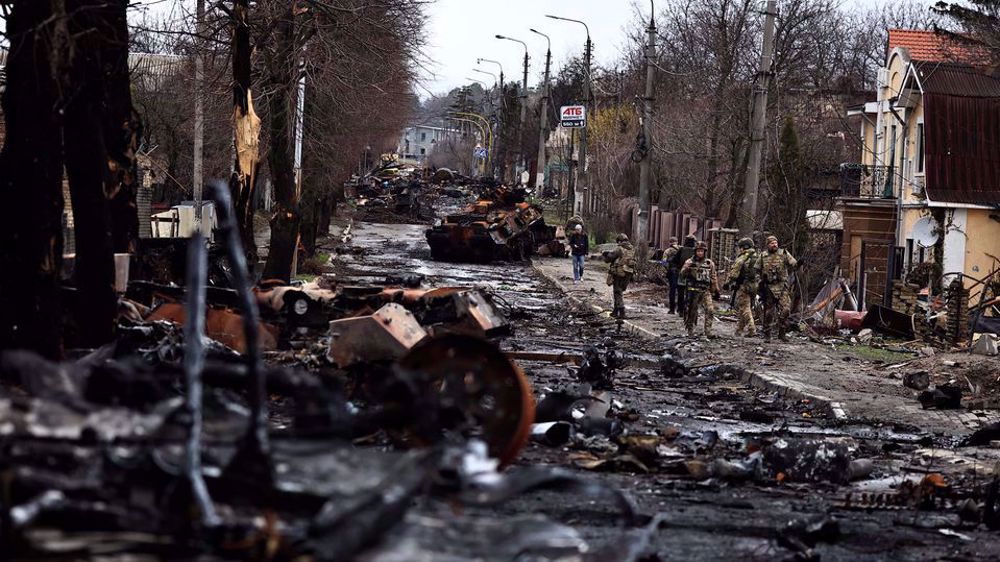
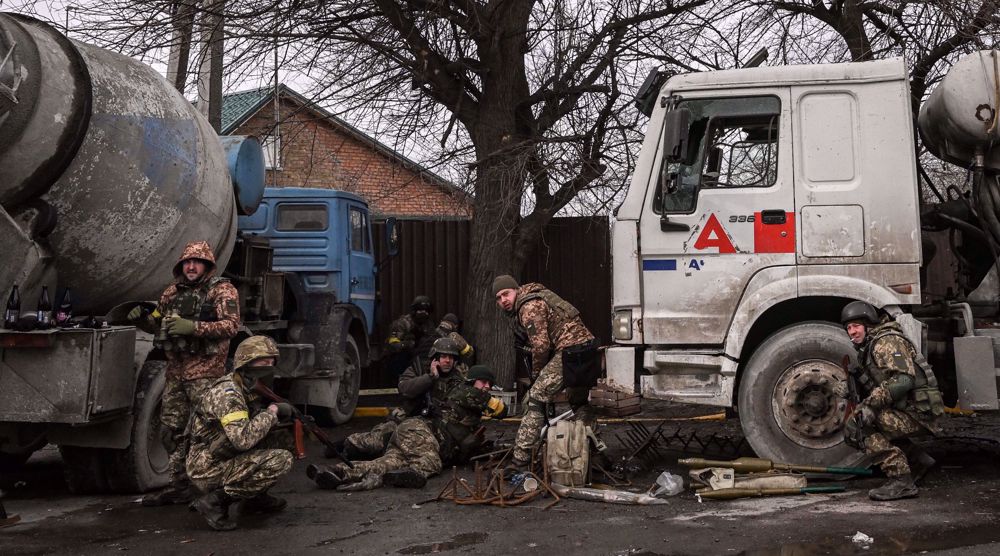
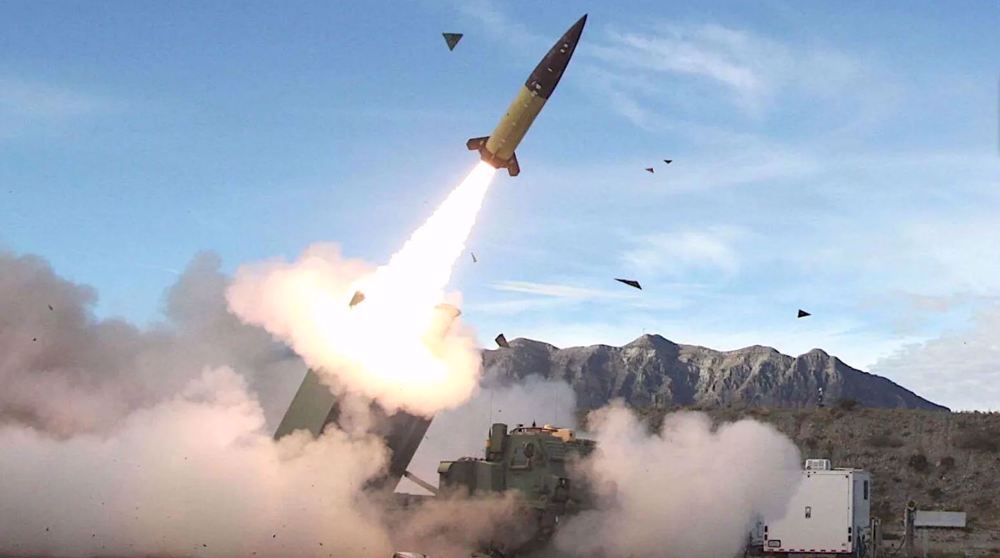
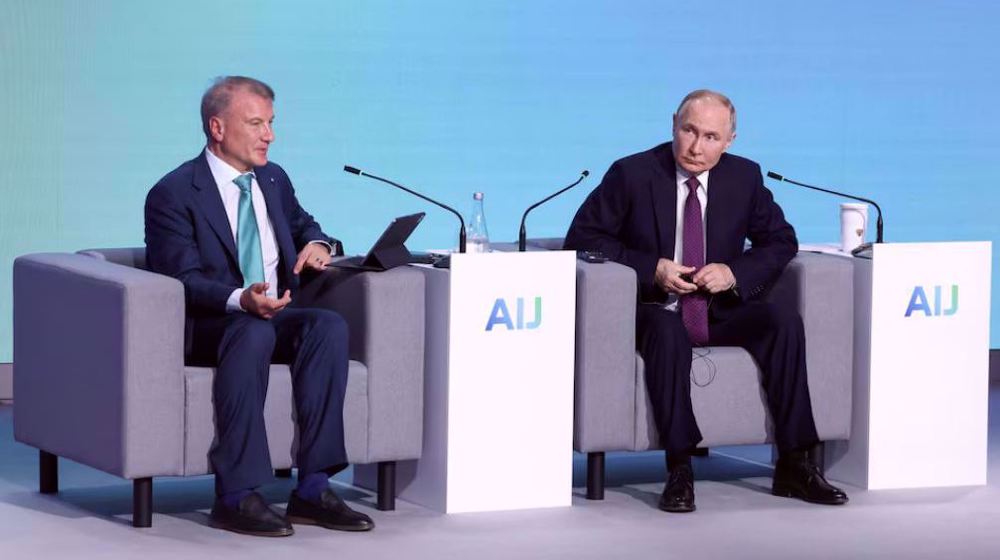
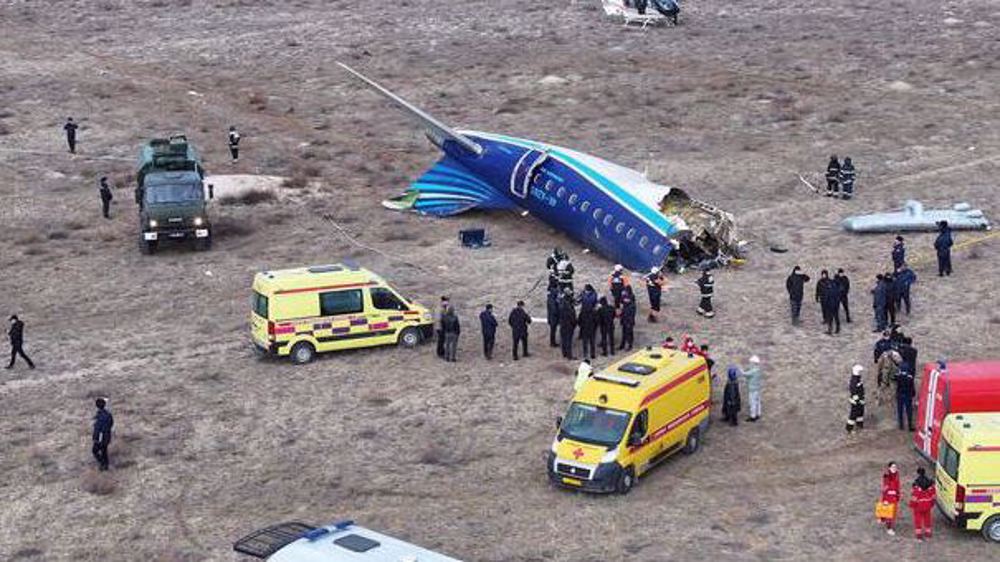



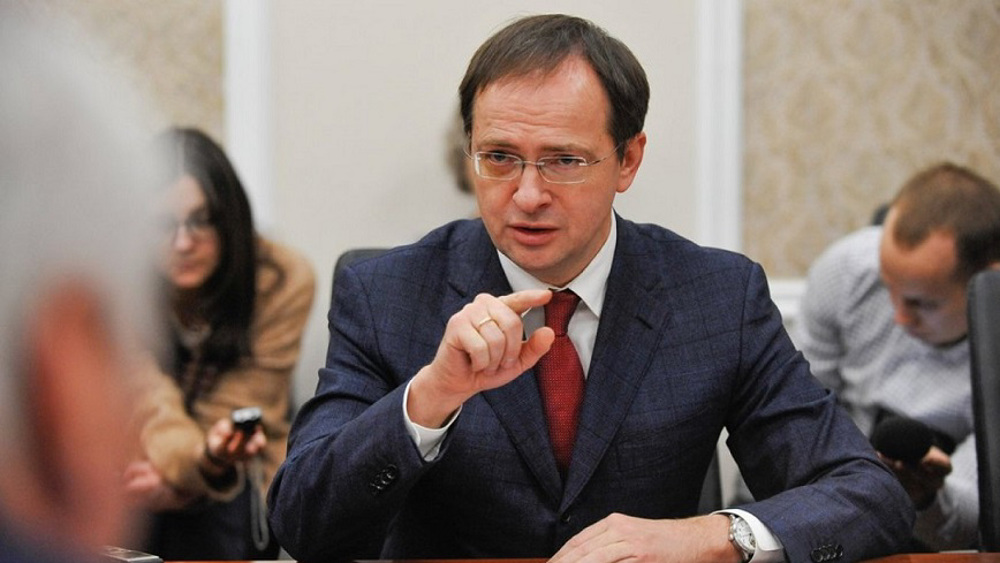
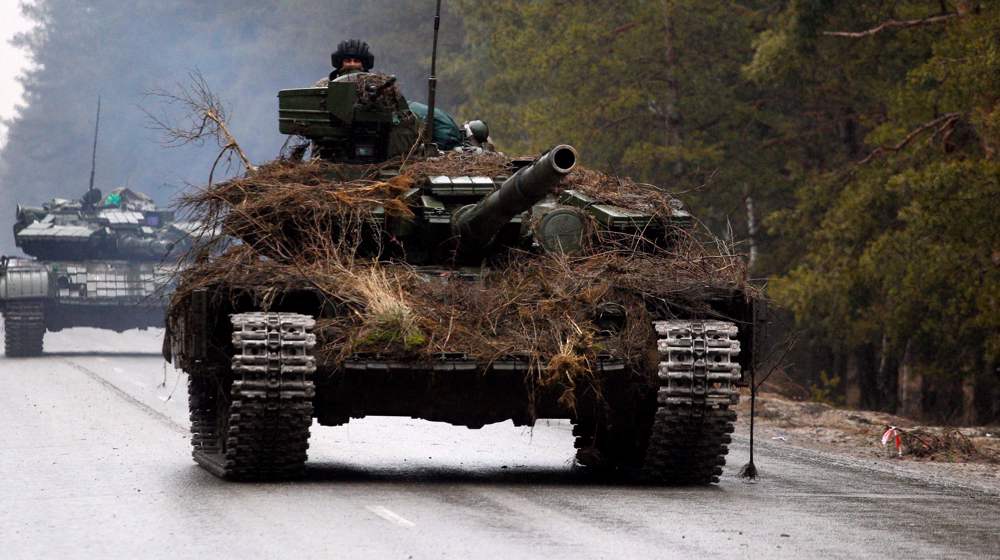
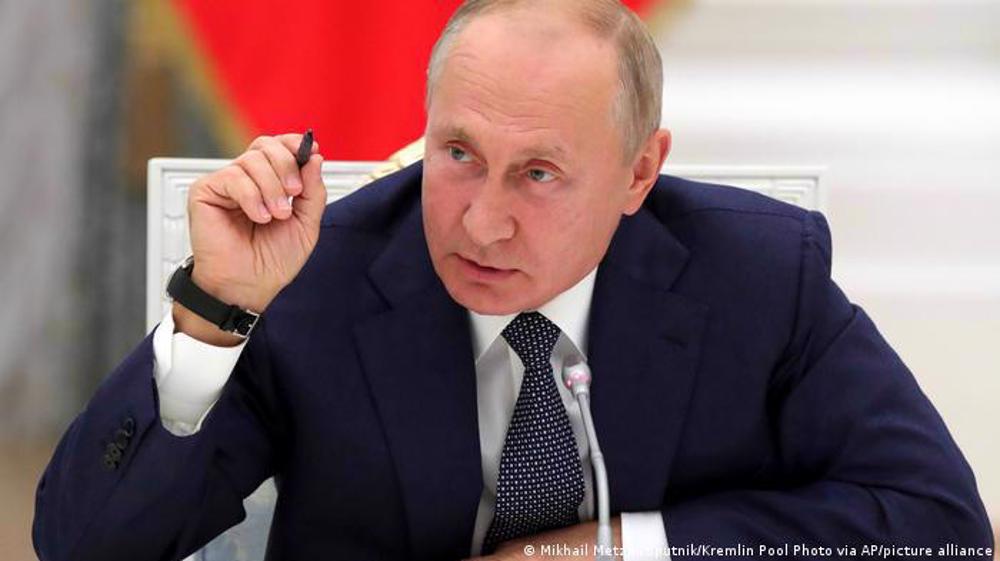
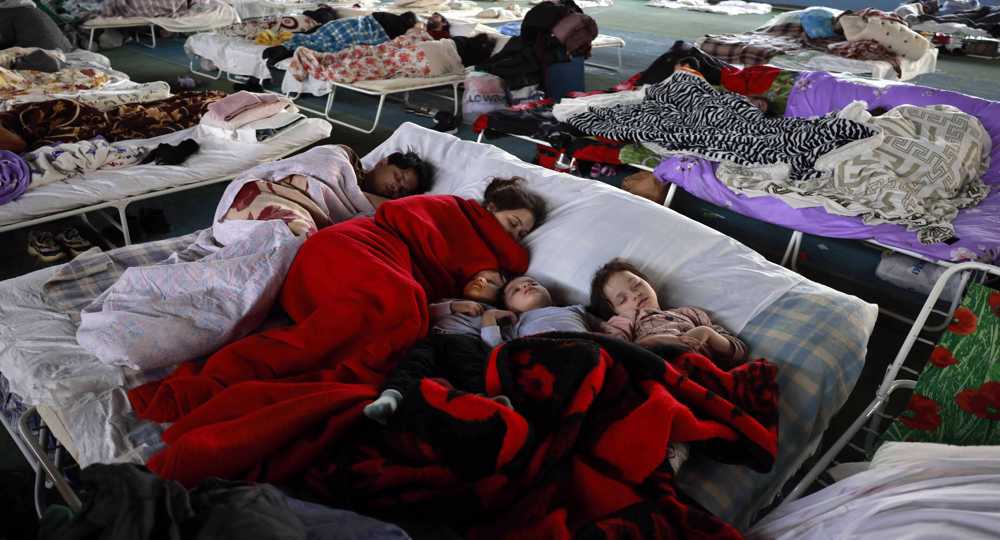
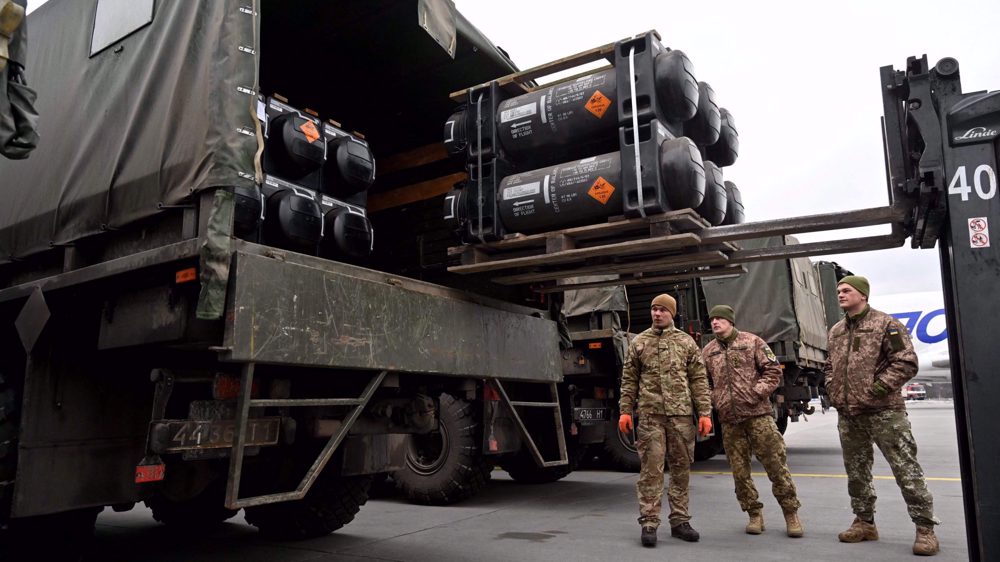

 This makes it easy to access the Press TV website
This makes it easy to access the Press TV website